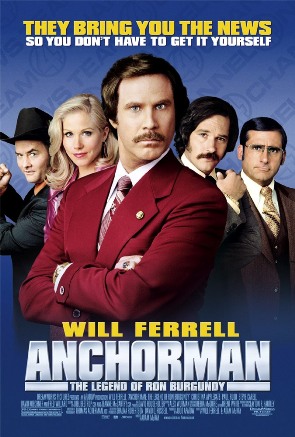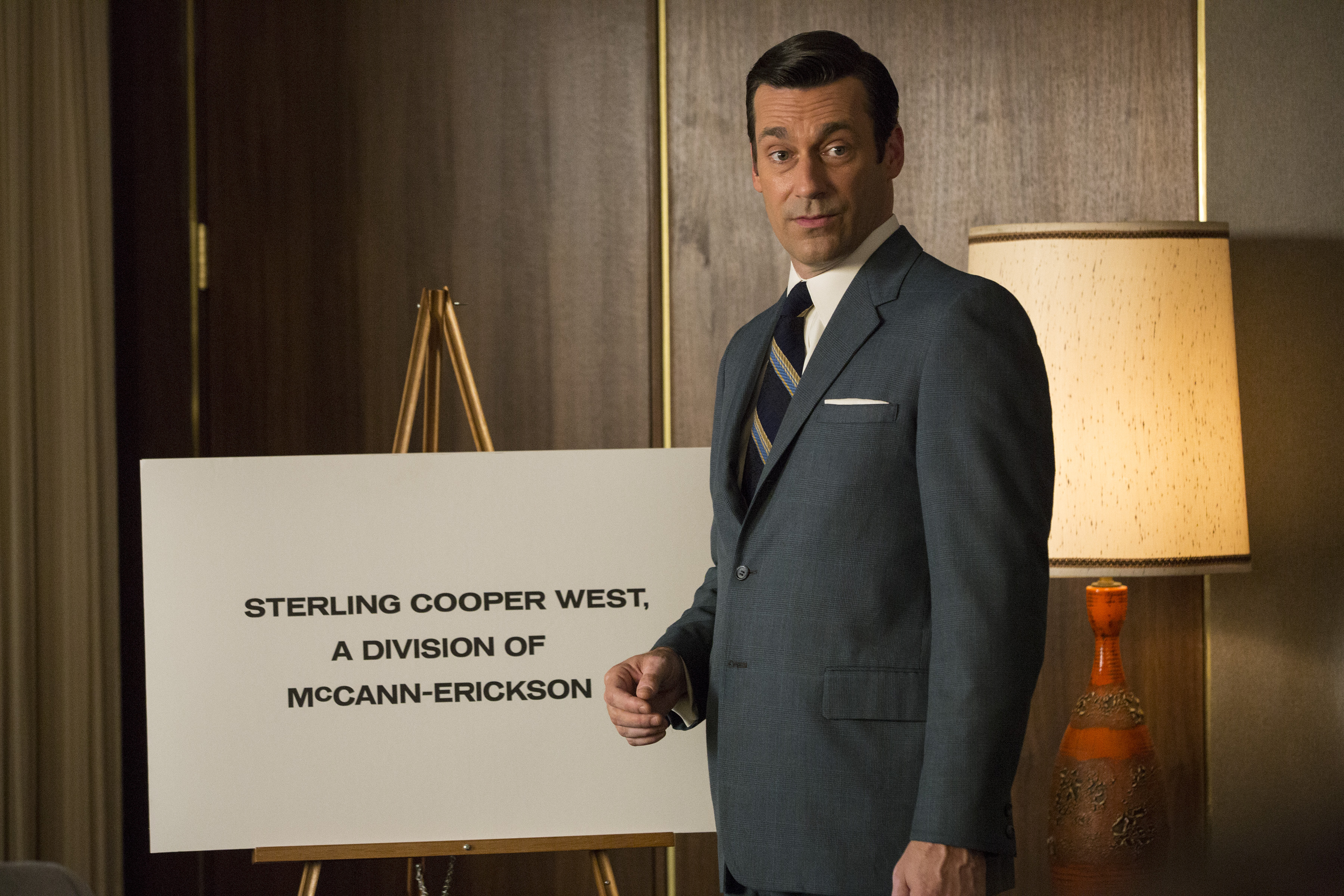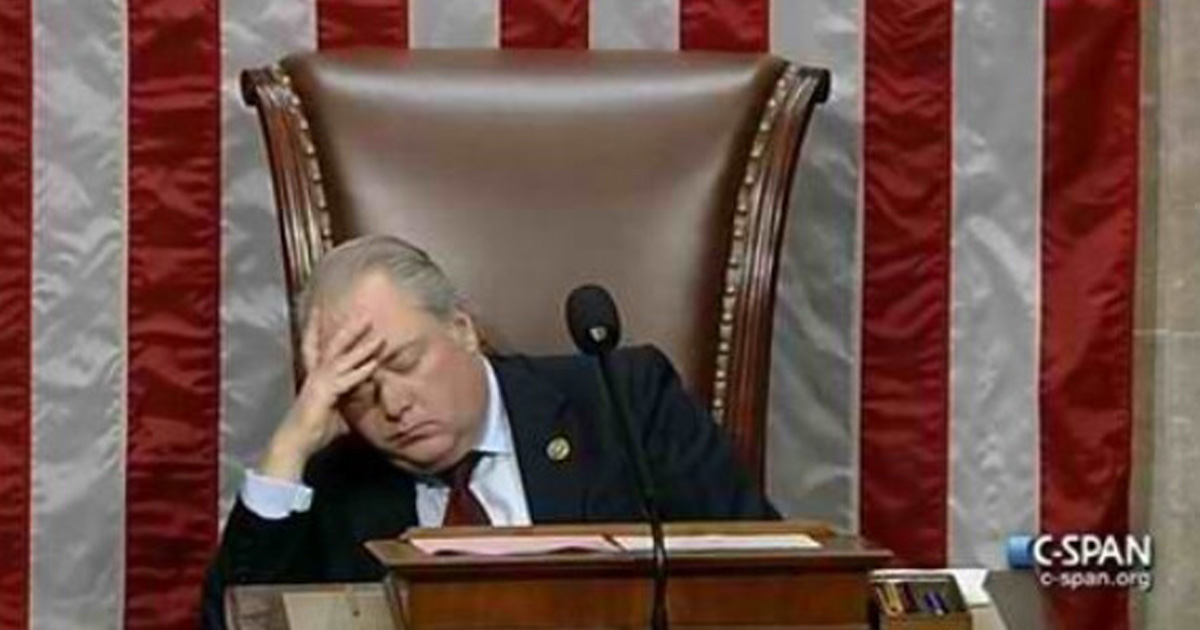Five Institutions And Groups Young People Don't Trust

By:
Millennials are the least trusting generation, according to a recent Pew report, and they are particularly distrustful of certain institutions, a Harvard University Institute of Politics poll found. Here are some of them.
1. Media.
 Dreamworks
Dreamworks
The Harvard poll found that trust in the media slightly moved from a low 11 percent to 12 percent over the past year. This makes sense given the results of a 2014 survey conducted by public relations firm The McCarthy Group, which found that less than 10 percent of Millennials use magazines and newspapers to keep up with the news. McCarthy also found that Millennials view their closest friends as more trustworthy sources of information than news reports.
2. Advertising
 MIchael Yarish/AMC
MIchael Yarish/AMC
The McCarthy research also revealed that nearly 85 percent of Millennials dislike advertising, ranking their level of trust in the industry a 2.2 out of 5.
"This generation doesn't dislike brands. What they don't like is advertising," said Maker Studios Chief Content Officer Erin McPherson.
McPherson said that Maker, which is a tech-driven media company, found that Millennials are breaking away from TV and using mobile devices to consume content. Nielsen data from February also found that Millennials are watching less TV, a medium known for bombarding viewers with advertisements in between shows.
3 - 4. Congress and the Justice System

The Harvard poll found that just a quarter of Millennials trust the federal government, and trust in Congress is even lower at 17 percent. Additionally, nearly half of polled Millennials expressed confidence in the justice system's ability to “fairly judge people without bias for race and ethnicity." Whites showed more faith in the justice system than Hispanics and African Americans. Eighty percent of young people said the criminal justice system could improve if policemen were required to wear body cameras in the field.
A 2013 Pew poll found that a little less than half of 18- to 29-year-olds believe the government shouldn't intrude on their privacy, even when trying to identify and combat terrorist threats through surveillance. A year later, the Pew found that 57 percent of young people believed that former NSA contractor Edward Snowden's document leaks helped rather than harmed the country.
This spring, John Oliver interviewed Snowden, who said that not even nude photos on smartphones are safe from government monitoring. Because many Millennials love "sexting," he said that this directly impacts and should worry them, if nothing else:
5. Wall Street

According to the Harvard findings, just 14 percent of Millennials have faith in Wall Street. This is still an improvement from last year's Harvard poll, which found only 12 percent of young people trusted Wall Street. Of course, last year's Millennials voted shortly after the release of Oscar nominated film "The Wolf of Wall Street," which depicts Wall Street in a negative way, so perhaps they've had some time to forgive just a little since then.
But not all wounds heal that quickly. Many Millennials graduated during or shortly after the recession, which was partially brought on by Wall Street's mishandling of complex financial assets. At that time, young people witnessed their parents lose jobs, started to feel the impact of student debt, and struggled to find well-paying post-graduate positions. In 2011, the Occupy Wall Street (OWS) movement, a demonstration against the power of the financial sector, including many Millennials.
Why are Millennials distrustful?
This sentiment could be the result of era in which today's young adults came of age. They saw a governmental failure that led to the September 11th attacks. Then, in 2007, they lived through the biggest economic collapse since the Great Depression, a collapse that was the fault of major financial and governmental institutions. At the individual level, Millennials graduated with massive student loan debt, had to settle for underwhelming jobs thanks to the recession, and get paid less than their 1980 counterparts.
As Millennials take over the American economy as the largest generation in the workforce, they will begin to run these institutions. Time will tell how their skepticism and distrust will impact their leadership.
